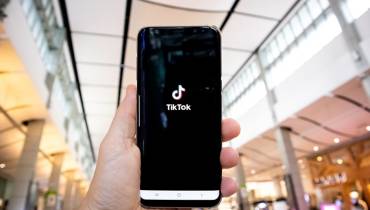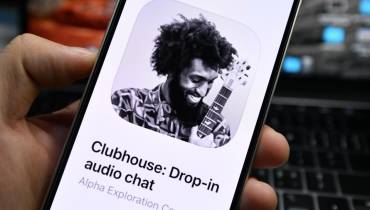Would You Accept Free Pizza in Exchange for Your Personal Data?

Sounds outrageous, but a big number of people will give up their personal information and online privacy for free pizza.
For some people, it’s a reward that makes them do things that can be considered strange even when they know better. Like posing for a silly pic to be posted on Instagram… or giving up friends’ email addresses to a third party online, a place where privacy and security are in short supply.
The Digital Privacy Paradox
According to a study from the National Bureau of Economic Research released last year in June, there is strong evidence for the so-called “privacy paradox,” or the extreme inconsistency between how people say they feel about internet privacy and how they actually act online.
Researchers at Massachusetts Institute of Technology (MIT) conducted an experiment in the fall of 2014 using digital currency. Every undergraduate student was offered $100 in Bitcoin with a stated view to establish a cryptocurrency community at MIT. As part of the experiment, students had to make at least three digital privacy choices:
- Whether they wanted to disclose the contact details of their closest friends;
- Whether they wanted to maximize the privacy of their trans-actions from the public, a commercial intermediary or the government;
- And, whether they subsequently wanted to take additional actions to protect their transaction privacy when using Bitcoin.
The researchers found that despite a section of participants explicitly saying they valued their data privacy, when presented with four online wallets containing bitcoins, the order that options were presented drove the decision of which wallet to use and not their privacy levels. Even when offered the added security benefit of encryption, only half the students opted to set it up.
“Whereas people say they care about privacy, they are willing to relinquish private data quite easily when incentivized to do so,” note the study authors in the research paper.
The students also showed little regard for their friends’ internet privacy. All of the participants were asked to give the email addresses of three of their closest friends. Half of the group were incentivized with a free pizza; the other half were offered nothing. A whopping 98 percent of the free pizza group provided their friends’ emails — and only slightly fewer (94 percent) did in the non-pizza group.
Why people who say they care about data privacy act against it
The reason why people say they want data privacy online, but then fail to take the necessary measures to get it could be a lack of understanding says Pekka Jäppinen, senior security adviser at Citrus Solutions.
“The challenge is that the ramifications of the privacy selection you make are not clear,” Jäppinen explains. “Evaluation of the risk for giving your data is very hard.” People need “clear visual cues” to help them understand the risks and benefits of sharing their data, he adds.
Online privacy risks
The dangers of having personal data breached are dire. You could be open to anything from online embarrassment to outright blackmail and phishing attacks that could drain your bank account, ruin your credit rating or tarnish your brand image. Still, this seems not very clear to some people.
This study corroborates another recent study that finds people in different demographic groups other than millennials (i.e. baby boomers and everyone else) also might just be too desensitized to the barrage of cookie warnings and fine-printed online privacy agreements they see popping up everywhere.
“After being randomly exposed to irrelevant, but reassuring information about a tangential technology, students were less likely to avoid surveillance in their use of the technology. In all these cases, privacy-decreasing decisions take place regardless of stated preferences for privacy,” the MIT researchers observed.




















